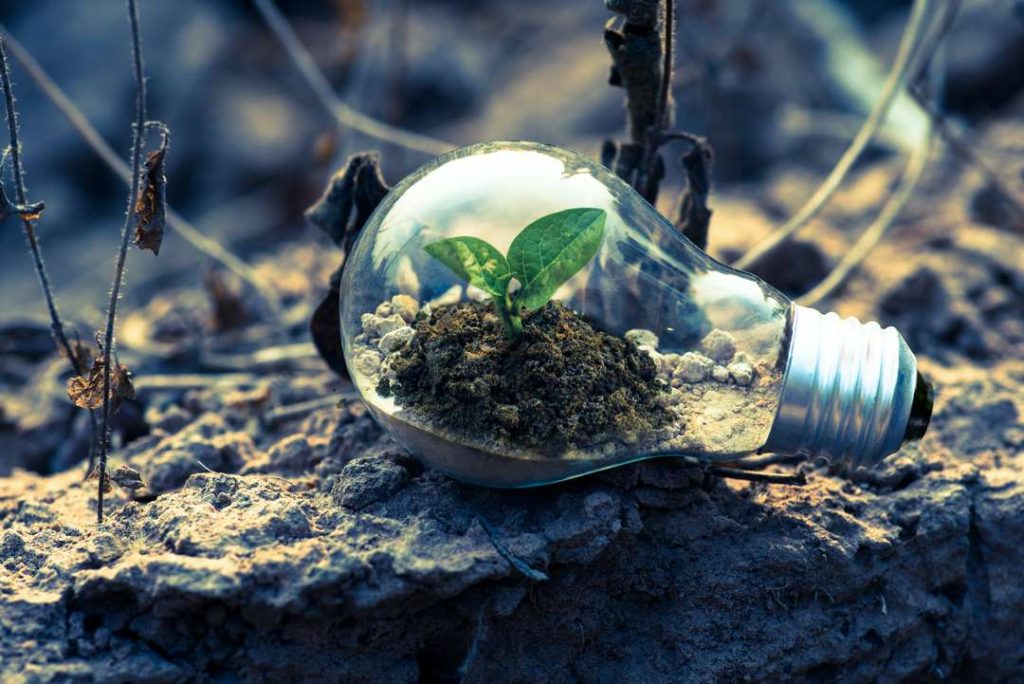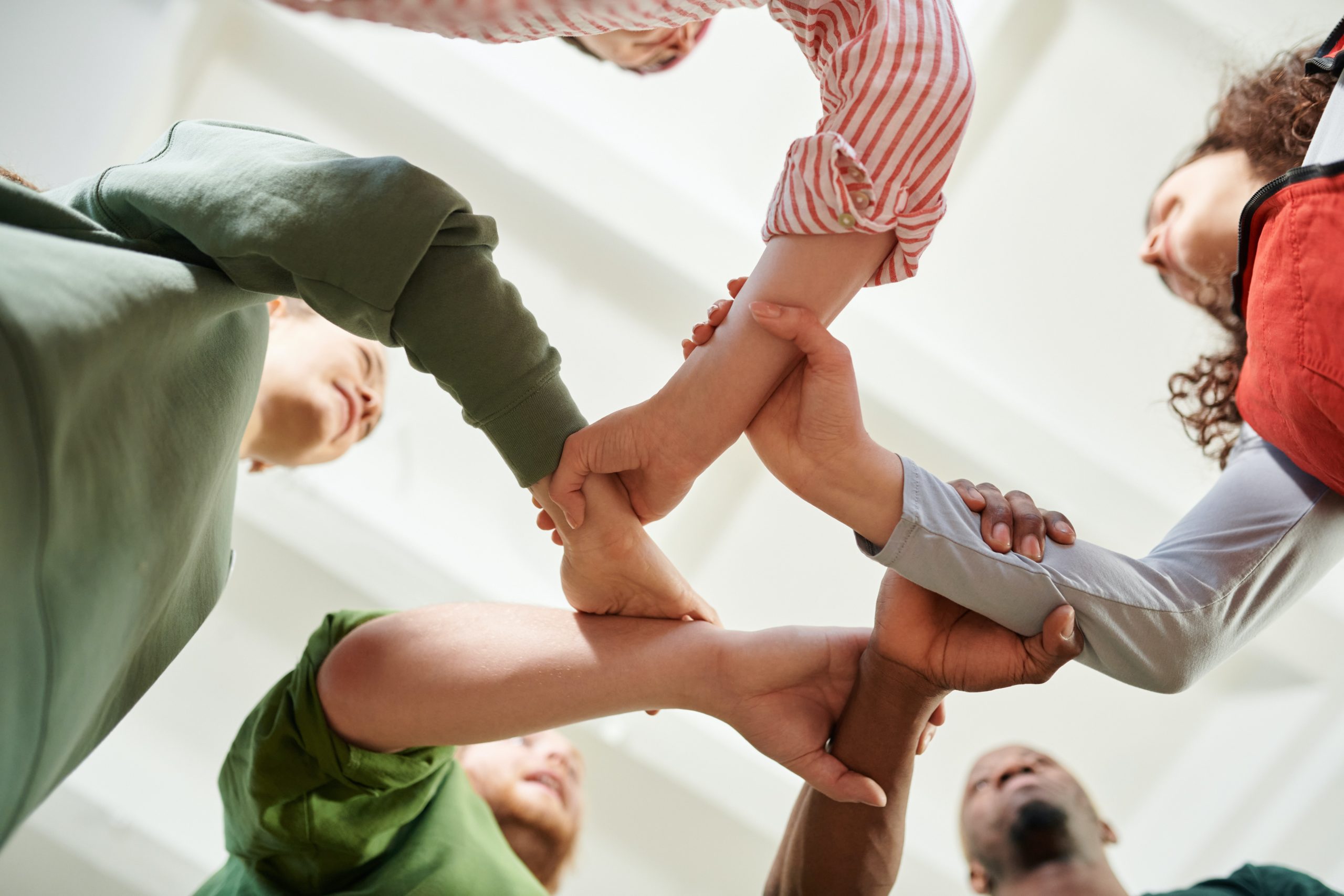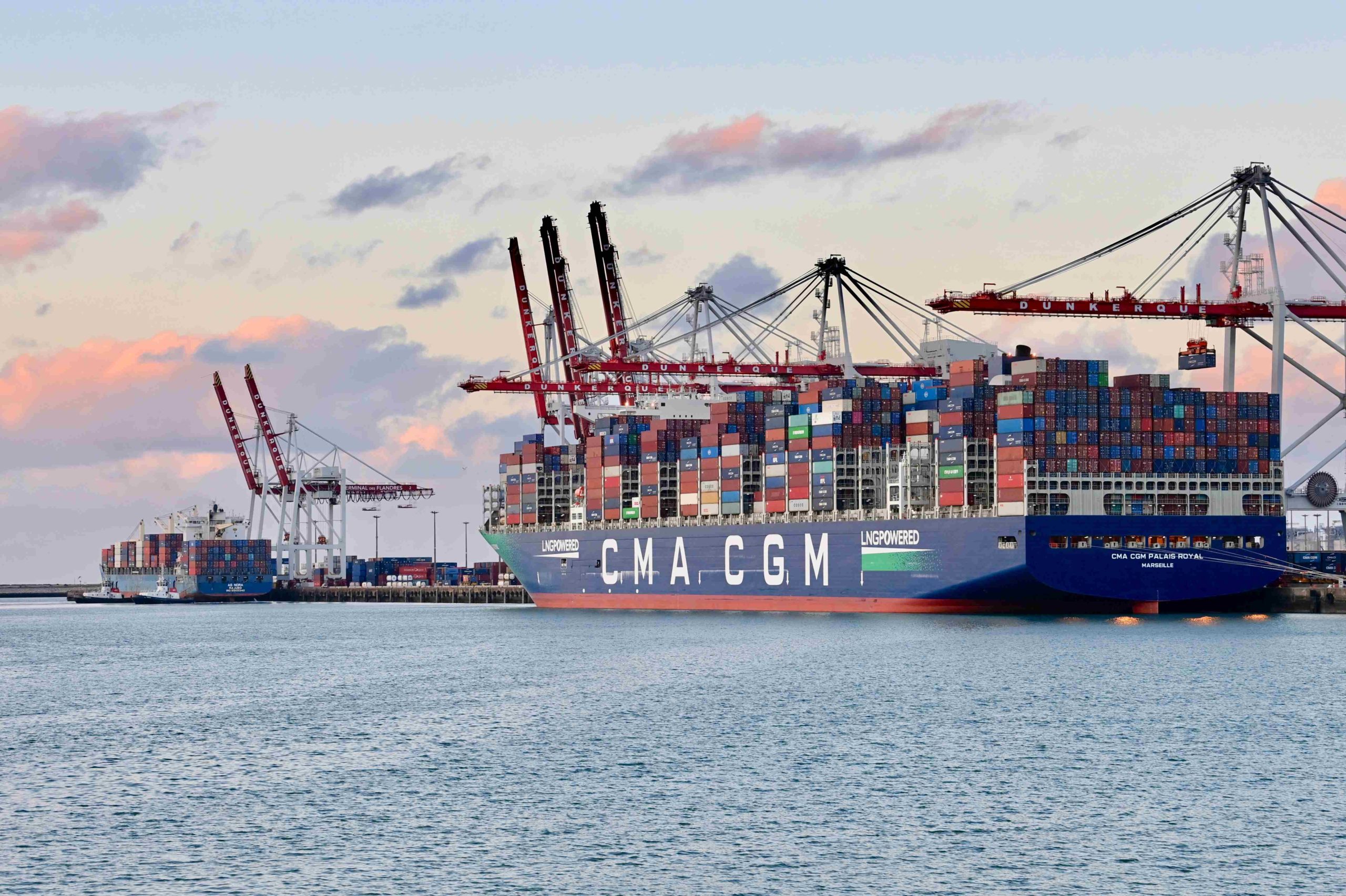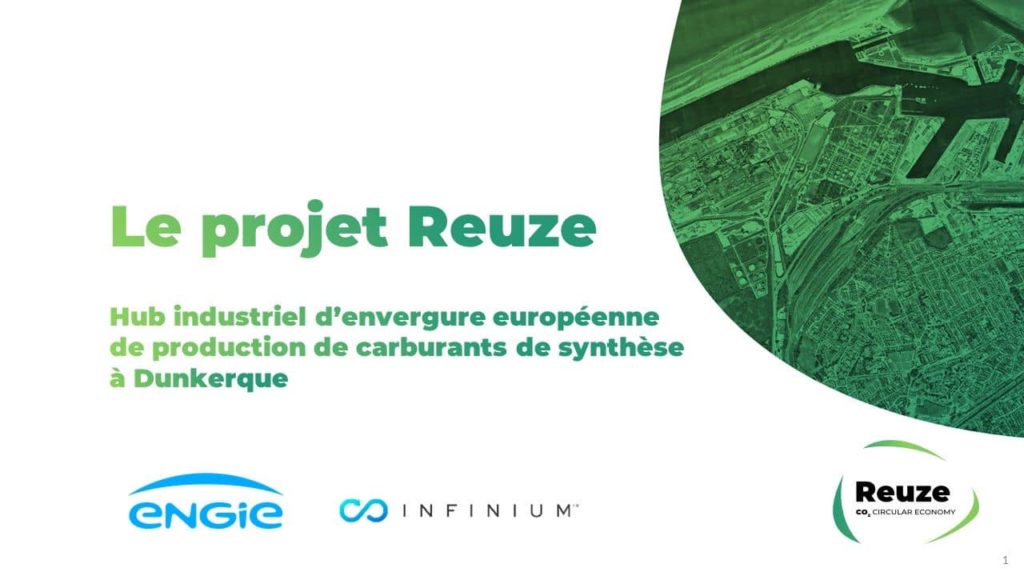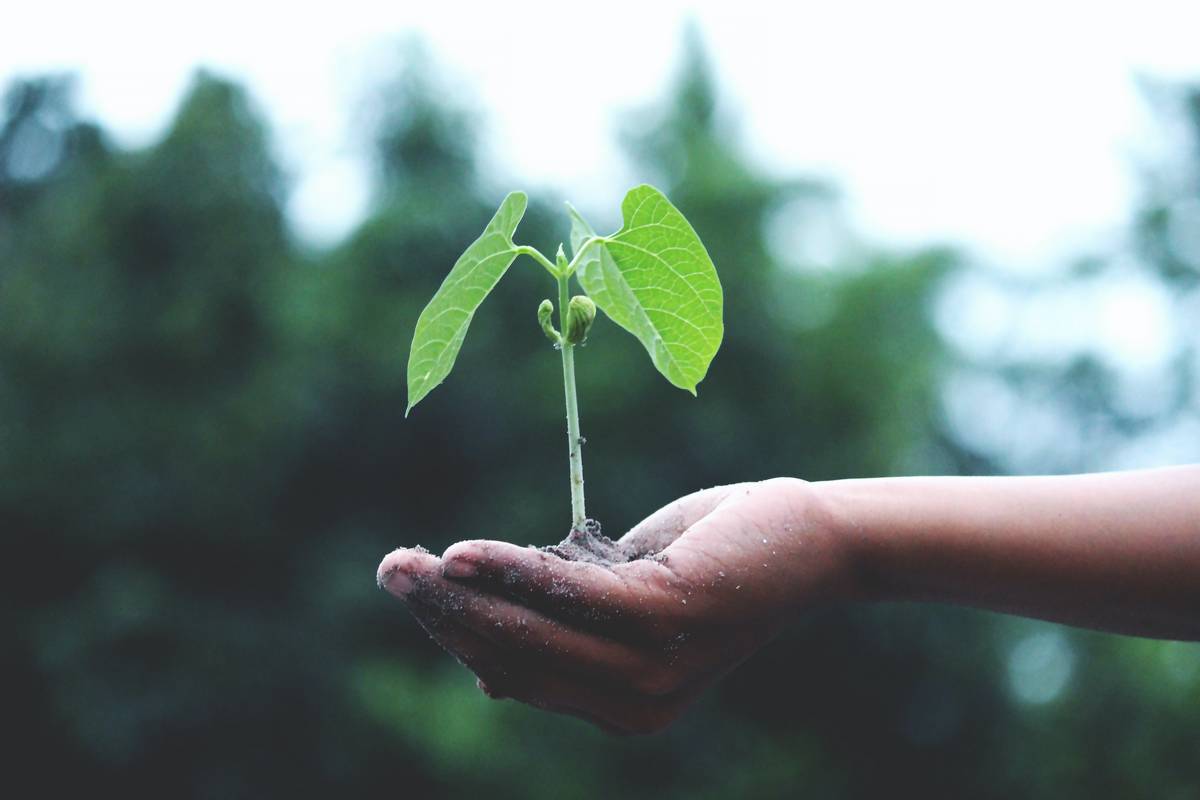
Bioeconomy
The bioeconomy sector is :
Tonnes per year of crop residues available within a radius of 50 to 70 km ready to be recovered.
Tonnes per year of biowaste and agrifood co-products in the territory.
Million euro budget allocated to the national bioeconomy strategy in 2022-2025.
Bioeconomy-related projects have been funded by the Hauts-de-France region since 2014.
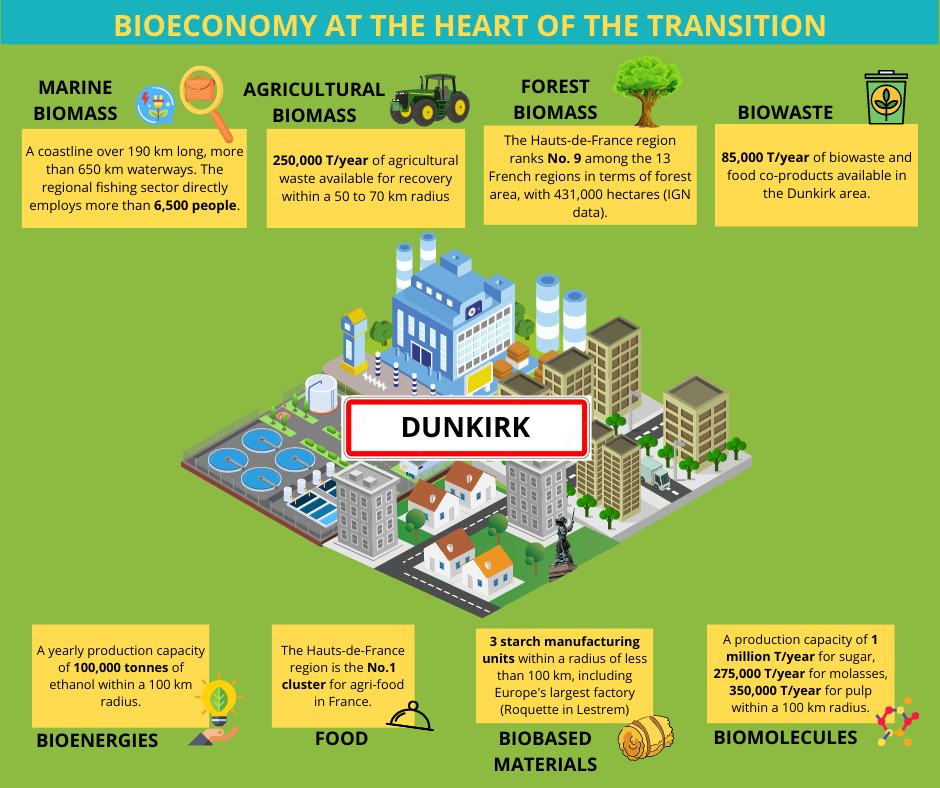
Additional decarbonisation leverage for your activities
The bioeconomy is the economy that uses biomass, the fruit of photosynthesis. The carbon that forms the biomass is known as “renewable”, so whenever it is released into the atmosphere it will be recaptured via photosynthesis and eventually be reused in the production/development of another type of biomass.
The Dunkirk territory is a pioneer in the circular economy, renewable energies (wind, solar, photovoltaic) and industrial CO2 recovery. That‘s why the topic of the bioeconomy is just one of the areas that the territory is keen to develop.
Lots of public investments
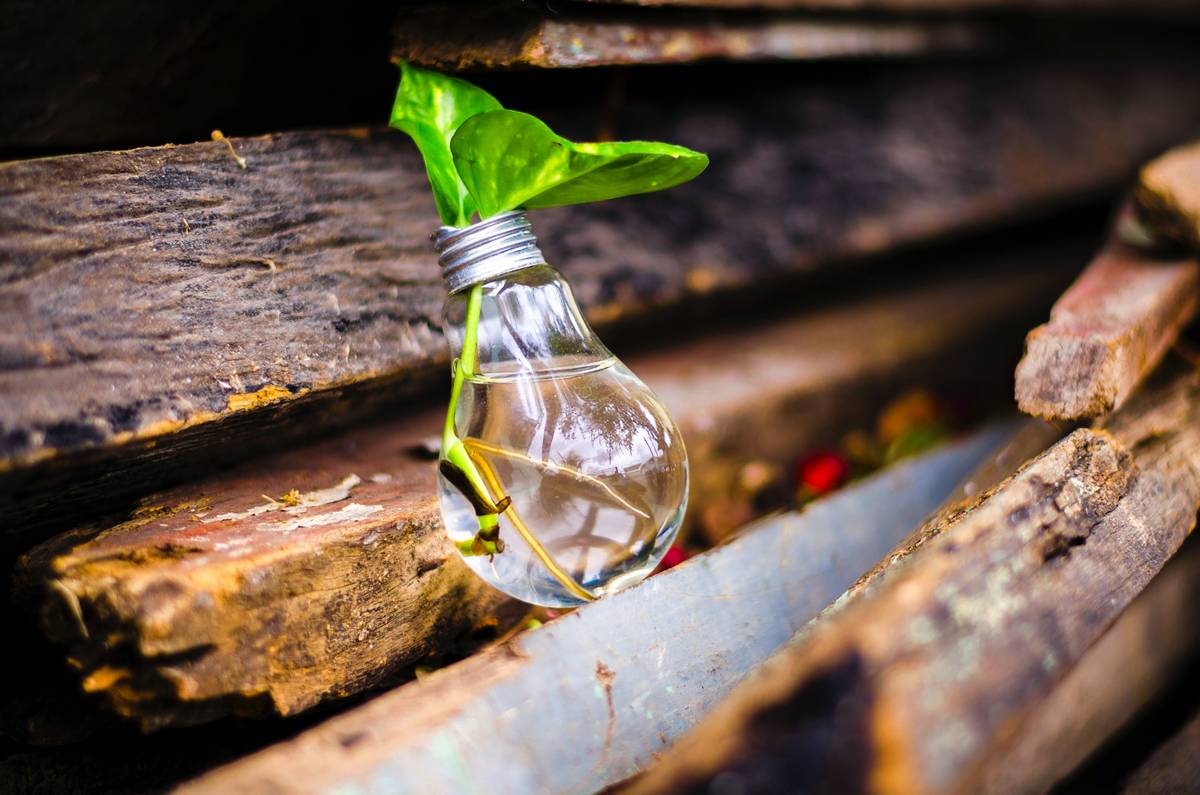
Explore recent bioeconomy-related developments in the territory
Biomethanation development
There are companies in the territory developing methanation projects. Take, for example, Daudruy Van Cauwenberghe & Fils, it is developing a biomethanation project using the by-products and waste generated by the group. These are primarily the sludge from its sewage treatment plant generated by the bleaching clay during the refining process and glycerine, a by-product of biodiesel production, with a high methanogenic power.
Flax sector development
The Hauts-de-France is the 2nd largest fibre flax producing region in France. The Dunkirk territory boasts ideal weather conditions for growing the crop. Therefore, it’s not surprising that the fibre flax sector is flourishing and that these innovative products include items such as the Bâtilin thermal insulation block (manufactured by L.A. Linière), the “Mon Gobelet en Lin” (My flax tumbler) (by the company D’Innov); or that the flax shives are used to heat pools like the Linéo aquatic centre in Wormhout.
Biofuel production using biomass
Some companies such as Nord-Ester are now producing biofuel using biomass. This is the case of NE100, a 100% local and renewable biofuel for transport companies. It reduces fine particle emissions in exhaust gases by 80% and greenhouse gas emissions by 60%. It’s an initiative that will be developed in our territory.

